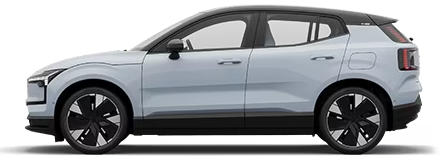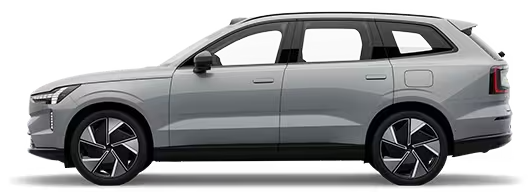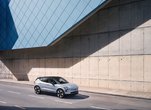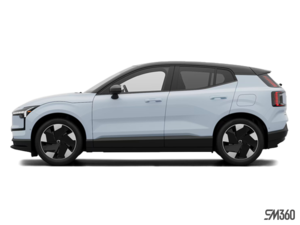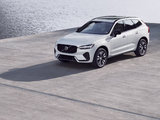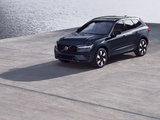Volvo Study Confirms Many Are Ready to Buy an Electric Vehicle
May 21 2024,
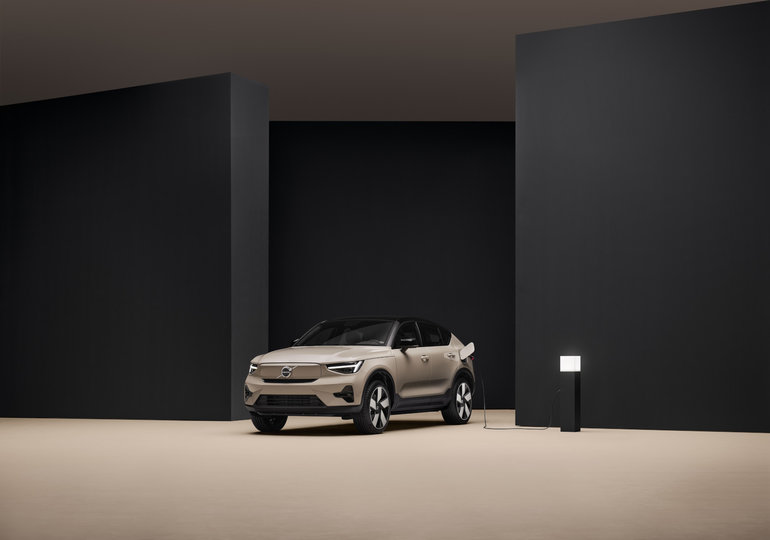
The landscape of the automotive industry in Canada is evolving, with a notable shift towards greener, more sustainable transportation options. According to the newly released 2024 Mobility Trend Report by Volvo Car Canada, a substantial 64% of Canadians are considering a hybrid, plug-in hybrid, or fully electric vehicle for their next purchase within the next five years. This trend, however, is influenced by a complex interplay of economic conditions and consumer preferences.
The Shifting Sentiment Towards EVs
As the Canadian automotive market grapples with economic headwinds, consumer interest in electric vehicles (EVs) continues to grow, albeit cautiously. The 2024 Mobility Trend Report highlights a significant barrier to EV adoption: cost. Among those hesitant to consider an EV, 76% cite the high price as a deterrent. Infrastructure concerns also loom large, with 65% of respondents worried about running out of charge and 59% pointing to the scarcity of charging stations.
Key Challenges to EV Adoption
The report provides a detailed look at the main obstacles preventing wider acceptance of EVs:
- High Costs: The majority view EVs as too expensive.
- Charging Infrastructure: Nearly 78% of Canadians believe that the current public charging infrastructure is insufficient.
- Perceived Value: Only 15% think that EVs offer better overall costs compared to traditional gas vehicles. Furthermore, 64% of Canadians feel that the environmental benefits of EVs are overstated.
Overcoming the Barriers
Addressing these concerns is crucial for increasing the adoption of electric vehicles. The report suggests several key factors that could change consumer minds:
- Extended Range: 46% of respondents indicated that a longer maximum range would make EVs more appealing.
- Improved Charging Accessibility: 42% would be swayed by easier-to-find charging stations.
- Incentives and Rebates: 38% believe better government incentives would encourage them to consider an EV.
Volvo Car Canada is actively working to mitigate these issues. In 2023, the company expanded charging access through an agreement with Tesla's Supercharger network, adding 12,000 fast-charging points to their users' options. This strategic move aims to address one of the most pressing concerns: charging infrastructure.
Introducing the Volvo EX30
In an effort to meet the diverse needs of Canadian consumers, Volvo Car Canada recently launched the EX30, their smallest and most affordable SUV to date. The EX30 is designed to have the smallest carbon footprint of any Volvo car yet, featuring advanced safety technologies and a user-friendly Scandinavian design.
Matt Girgis, Managing Director at Volvo Car Canada, emphasizes that the focus is now on potential EV owners who are deterred by cost and infrastructure concerns. "With the EX30, we offer a gateway to electrified mobility, combined with the advanced safety technology that Volvo is known for," he says.
Regional and Demographic Insights
The report also highlights regional and demographic trends. Residents of British Columbia (74%) and younger Canadians aged 18 to 34 (76%) are the most likely to consider a hybrid or electric vehicle. This data underscores the importance of targeted strategies to promote EV adoption across different segments of the population.
Commitment to Sustainability and Consumer Education
Volvo Car Canada's efforts extend beyond vehicle sales. The company is committed to sustainability and consumer education, continuously adapting to meet the needs of Canadians and promote a greener future. Their ongoing collaboration with stakeholders aims to enhance the EV ecosystem across the country.
In summary, the 2024 Mobility Trend Report by Volvo Car Canada offers valuable insights into the current and future landscape of electric vehicle adoption in Canada. By addressing key consumer concerns and enhancing infrastructure, Volvo Car Canada is paving the way for a more sustainable automotive future.



